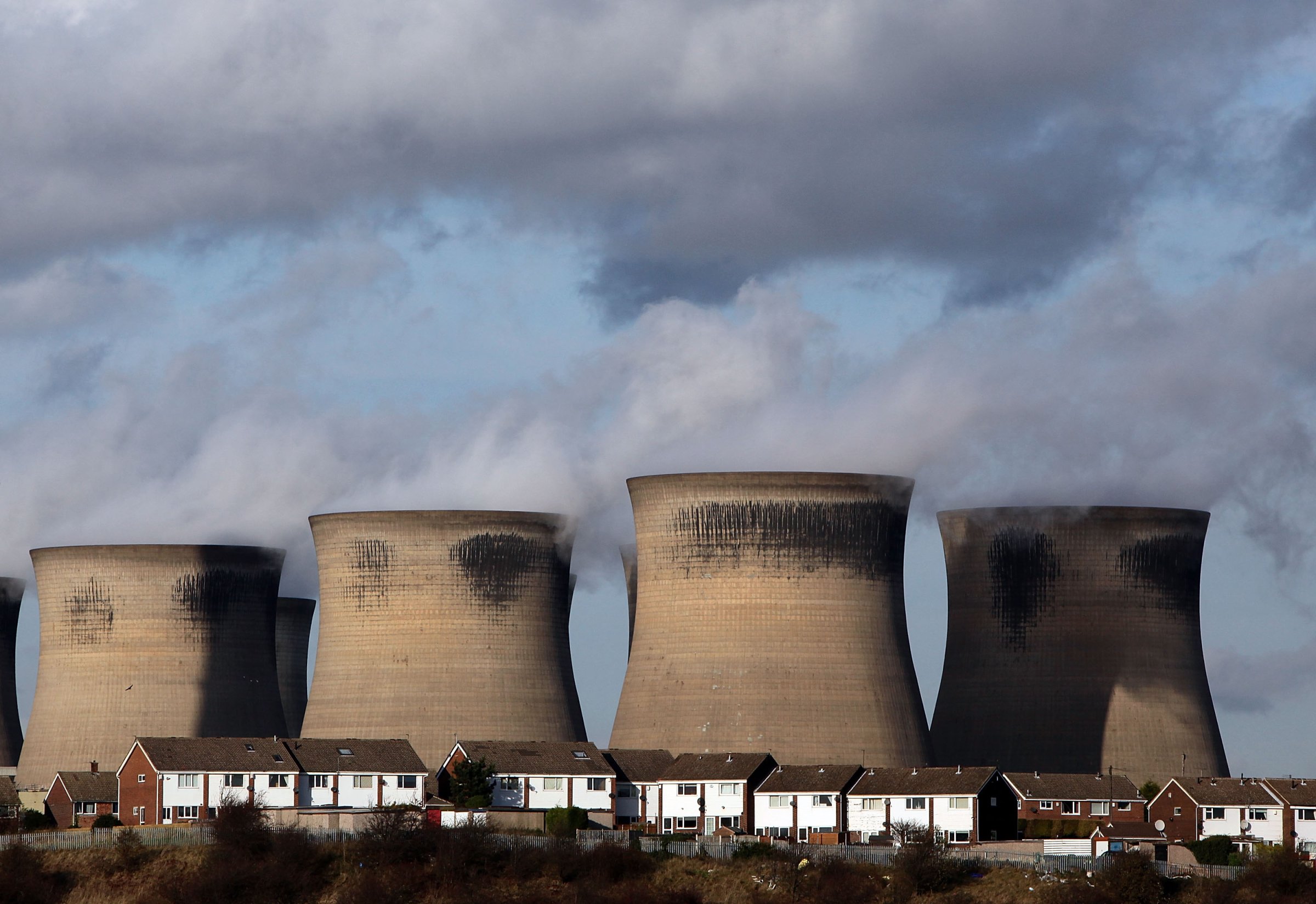
Rising seas and extreme weather could lead to billions of dollars in economic losses, according to a new climate change report that strives to reframe the debate in economic terms.
The study was commissioned by the Risky Business Project, a research organization chaired by a bipartisan panel of former officials, including ex-Treasury Secretary Henry M. Paulson, former New York mayor Michael Bloomberg and hedge-fund billionaire turned climate change advocate Tom Steyer.
The study estimates that climate change will have a disparate impact across different regions and industries. Rising seas could swallow up an estimated $66 to $106 billion worth of coastal properties by 2050, the report estimates. Rising temperatures, particularly in the South, Southwest and Midwest, could reduce the productivity of outdoor workers by 3 percent. Absent a change in crops, yields could decline by 14 percent.
“We still live in a single integrated national economy,” Kate Gordon, Executive Director of the Risky Business Project, said in a statement, “so just because it’s not hot where you are, doesn’t mean you won’t feel the heat of climate change.”
More Must-Reads from TIME
- Cybersecurity Experts Are Sounding the Alarm on DOGE
- Meet the 2025 Women of the Year
- The Harsh Truth About Disability Inclusion
- Why Do More Young Adults Have Cancer?
- Colman Domingo Leads With Radical Love
- How to Get Better at Doing Things Alone
- Michelle Zauner Stares Down the Darkness
Contact us at letters@time.com